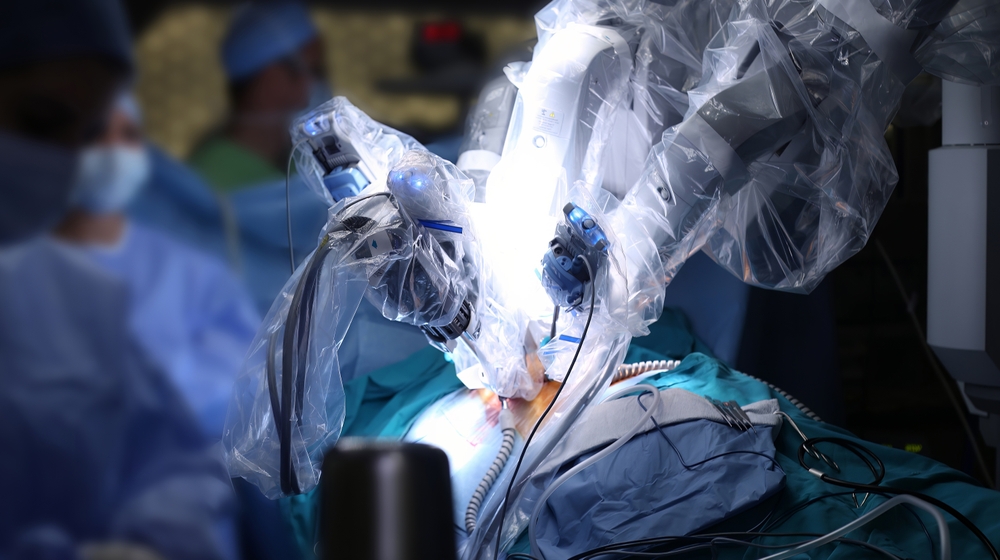
What is Lung Cancer, Causes & How Cancer Prevention Works?
Lung cancer is one of the common cancer types affecting people worldwide. It occurs when cells in the lungs grow abnormally and form tumours. Lung cancer is often associated with smoking but can also affect non-smokers. In this article, we will explain lung cancer prevention, including what is lung cancer, its causes, risk factors, symptoms, and how to reduce the risk of developing this fatal disease.
What is Lung Cancer?
Lung cancer is a serious and potentially life-threatening condition that can develop in the cells of the lungs. The lungs are vital organs in our body responsible for exchanging carbon dioxide and oxygen. They are made up of various cells, which can grow and divide abnormally to form tumours. These tumours can then spread to other body parts, making the condition more dangerous.
There are two types of lung cancer: non-small cell (NSCLC) and small cell cancer (SCLC). NSCLC is the most common type and accounts for around 85% of all lung cancers. SCLC is a less common but more aggressive form of lung cancer that spreads quickly and is more difficult to treat.
It is crucial to understand the different types of lung cancer, as this can help doctors diagnose and treat the condition more effectively. Lung cancer is diagnosed through a combination of imaging tests like X-rays and CT scans, as well as tissue biopsies. Treatment options for lung cancer include surgery, radiation therapy, chemotherapy, targeted therapy, and immunotherapy, depending on the type and stage of the cancer.
Lung Cancer Causes
Lung cancer is the most fatal form of cancer, and most cases are caused by smoking. Tobacco smoke contains over 70 known carcinogens, which are substances that can cause cancer. The risk of cancer increases with the frequency of tobacco smoked and the time the person has been smoking. Smokers who quit can reduce their risk of developing lung cancer, but it takes years for the risk to decrease to the level of a non-smoker.
Exposure to second-hand smoke is one of the lung cancer causes. Second-hand smoke is exhaled by a smoker and comes from the burning end of a cigarette, cigar, or pipe. This smoke contains many of the same harmful chemicals as the smoke inhaled by the smoker, and non-smokers who are regularly exposed to passive smoke are at a higher risk of developing lung cancer.
Radon is a naturally producing radioactive gas that is released from the ground. When radon gas is inhaled, it can damage the DNA in the lungs' cells, leading to lung cancer. Radon is the second cause of lung cancer after smoking. It is important to test homes for radon, especially in areas where it is known to be a problem.
Asbestos exposure is another type of lung cancer causes. Asbestos is a mineral that was used in many building materials, such as insulation, roofing, and flooring, until the 1970s. When asbestos fibres are inhaled, they can become lodged in the lungs and cause damage to the DNA in the cells, leading to lung cancer.
Air pollution is another environmental factor that is linked to lung cancer. Air pollution can come from many sources, including industrial processes, vehicle exhaust, and burning of fossil fuels. People living in dense air pollution areas are at an increased risk of developing lung cancer.
Finally, people with a family history of lung cancer are at an increased risk of developing the disease. This can be due to shared environmental or genetic factors. If someone has a family history of lung cancer, they should discuss their risk with their doctor and may need to be screened for lung cancer at an earlier age than someone without a family history.
Symptoms of Lung Cancer
The symptoms of lung cancer may not appear until the disease is in its advanced stages. Some common symptoms of lung cancer include:
- A persistent cough that worsens over time
- Chest pain
- Shortness of breath
- Hoarseness
- Unexplained weight loss
- Loss of appetite
- Fatigue
- Wheezing
Lung Cancer Prevention Tips
Although there is no certain way to prevent lung cancer, there are several things you can do to curb the risk of developing the disease. Here are some tips for lung cancer prevention:
- Quit Smoking: Smoking is one of the rising causes of lung cancer. Quitting smoking is the most effortless way to reduce the risk of developing the disease. It's never late to quit smoking, and the results start to appear soon after you quit.
- Avoid Second-hand Smoke: Exposure to passive smoke can also increase the risk of lung cancer. If you live with a smoker, motivate them to smoke outside or quit smoking altogether.
- Protect Yourself from Air Pollution: Air pollution can cause lung cancer. To protect yourself, avoid exercising outdoors when the air quality is poor. If you live in an area with high levels of air pollution, consider using an air purifier at home.
- Radon Test: Radon is a naturally occurring gas that can cause lung cancer. Check your home for radon and take steps to reduce the levels if necessary.
- Avoid Exposure to Asbestos: Asbestos exposure can increase the risk of lung cancer. If you work in an industry that exposes you to asbestos, follow safety guidelines and wear protective gear.
- Exercise Regularly: Regular exercise can help reduce the risk of lung cancer. Aim for at least 60 mins of moderate exercise, such as brisk walking, every day.
- Eat a Healthy Diet: A healthy diet with plenty of fruits, vegetables, and whole grains can help reduce the risk of lung cancer.
Smokers' Lung:
Smoker's lung is a condition that occurs in people who smoke cigarettes or other tobacco products. It causes damage to the lungs and can result in chronic obstructive pulmonary disease (COPD) and lung cancer. Smokers' lung is a preventable condition, and avoiding smoking is the best way to reduce the risk of developing it.
Conclusion
Lung cancer is a serious disease that can be prevented by taking simple yet effective measures. Understanding lung cancer's causes and risk factors is crucial in preventing it. Avoiding smoking, quitting smoking, and avoiding exposure to second-hand smoke are the most important steps in preventing lung cancer. Regular exercise, healthy eating, and reducing exposure to harmful pollutants can also help lower the risk of developing lung cancer.
Knowing that early detection of lung cancer is key to effective treatment and recovery is essential. Hence, it's recommended to undergo regular health check-ups and screenings if you're at risk or have a history of lung cancer in your family.






